“First tell yourself what kind of person you want to be, then do what you have to do. For in nearly every pursuit, we see this to be the case. Those in athletic pursuits first choose the sport they want, and then do the work.” — Epictetus, Discourses, 2.23. 1–2a
The journey to becoming our true selves begins with a profound understanding of who we are and who we aspire to be. This self-awareness can often be clouded by external influences, requiring constant reminders to stay true to our core identity.
The Challenge of Knowing Ourselves
Understanding ourselves is a challenging endeavor, made even more complex by societal pressures. The world is quick to offer templates for us to follow, from peer pressure to social media influences. Without a clear self-definition, we risk being swept away by these external forces, conforming to whatever the world decides for us.
Reclaiming Your Identity
It’s crucial not to relinquish the power of self-definition to the external world. Knowing who you are and how you wish to conduct yourself in any circumstance is essential. This involves identifying the code of ethics you live by and your personal ethos.
Defining Your Ethos
Consider what principles define you. If you aim to live a life of kindness, does this extend to all situations, even when it’s challenging? Your ethos should reflect consistent values that guide your actions, even as life changes.
My Personal Ethos
To illustrate, let me share my personal guiding principle: to always do what is right. But what does “right” mean? It’s contextual and multifaceted.
Right Action = (Beneficial to Myself + Beneficial to Those Around Me) + (Improves My Situation + Improves My Environment)
I strive to choose actions that align with this equation. For example, getting wasted every week is an obvious no.
- Does it benefit me? No. As someone who values fitness and peak performance, excessive drinking is detrimental.
- Does it benefit my family? No. It wastes family finances and can negatively impact relationships and quality of life.
This doesn’t mean I should never drink, but it highlights the importance of moderation and self-control, another key trait to practice.
Complex Decisions
Some choices are more complex, such as those faced by military personnel. The decision to go on tour involves weighing personal risks against broader benefits.
- Does it benefit me? There’s a risk of death.
- Does it benefit my environment? While it poses personal risks, it can have far-reaching positive impacts on a larger scale, potentially helping hundreds and preserving what I care about.
Understanding your ethos doesn’t make decisions easier but provides a guiding framework for making choices aligned with your values.
Living Authentically
Developing and adhering to your ethos brings you closer to your desired self. It allows you to live by your own design, not as a prisoner of societal whims. Once you know who you are, you can consistently do what is right for you, paving the way for an authentic life.
Conclusion
True authenticity begins with self-discovery. Sit down and ask yourself who you want to be. You might find you haven’t been as authentic as you thought. Know yourself, decide who you want to be, and take steps to become exactly that. This is the key to living a life true to your own values and desires.


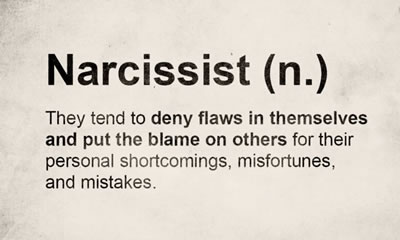
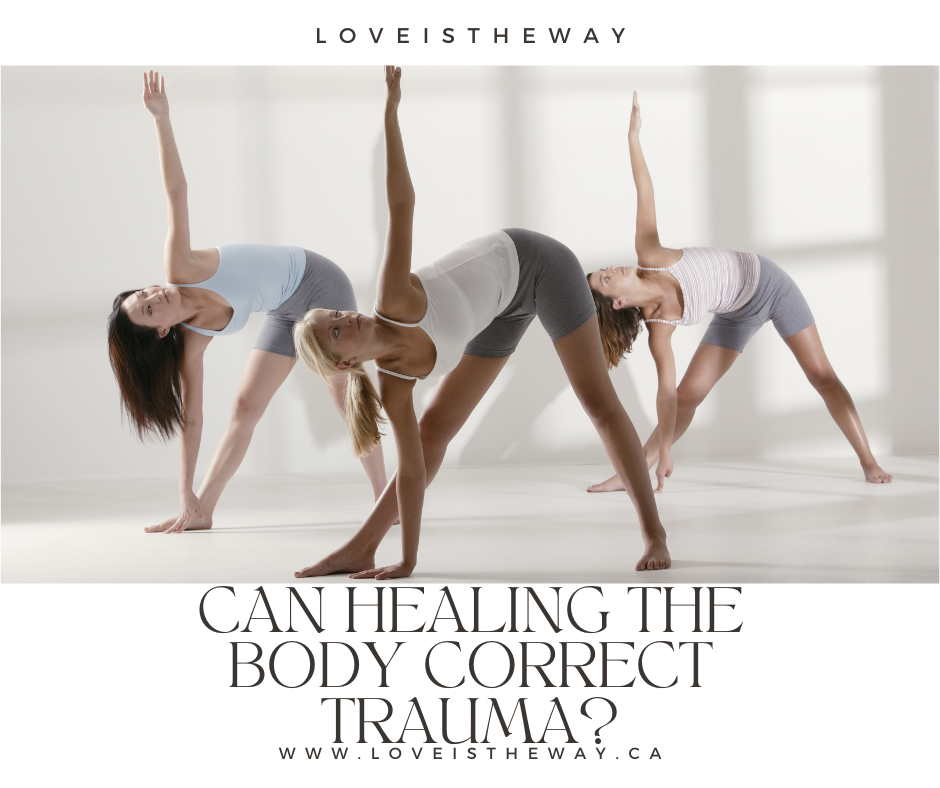
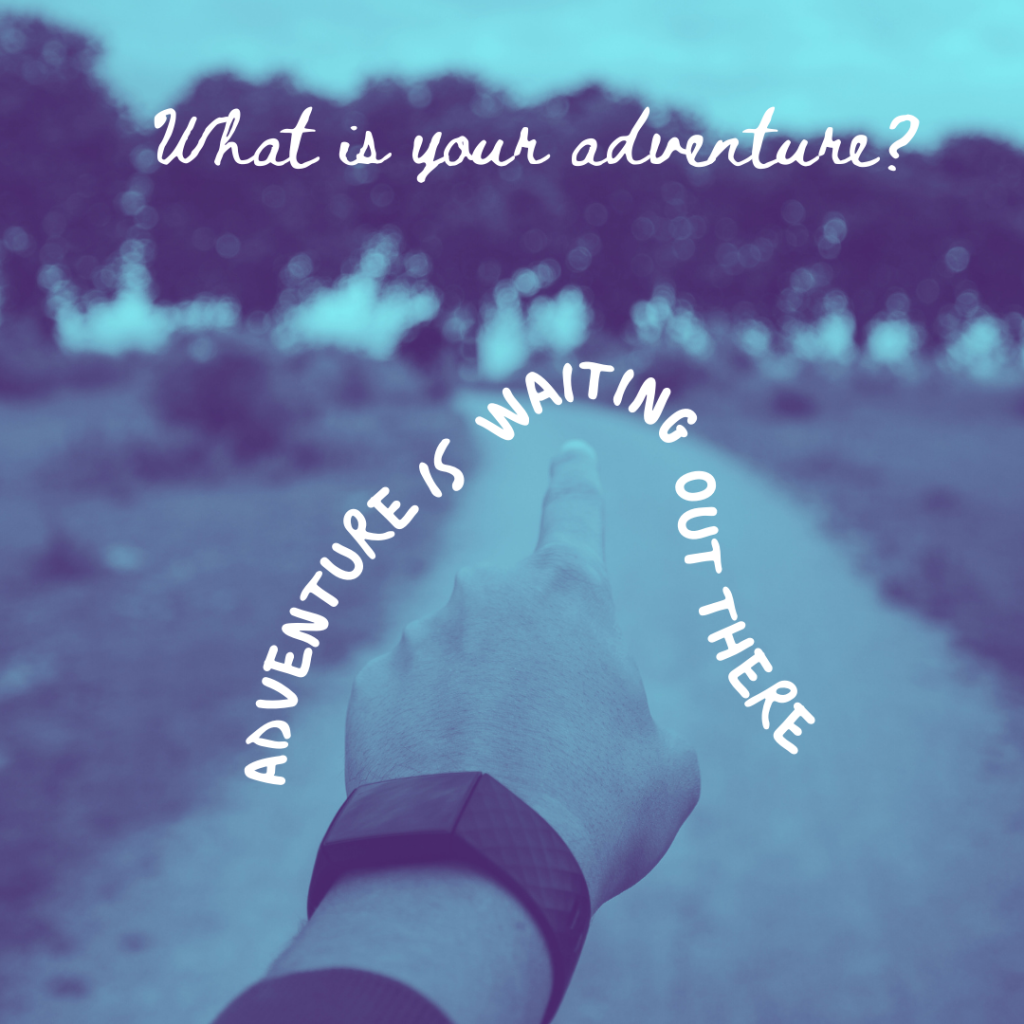
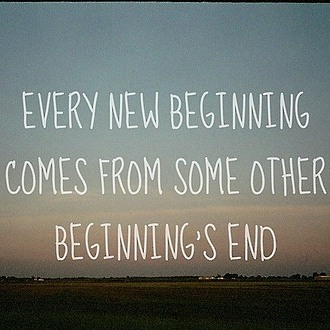
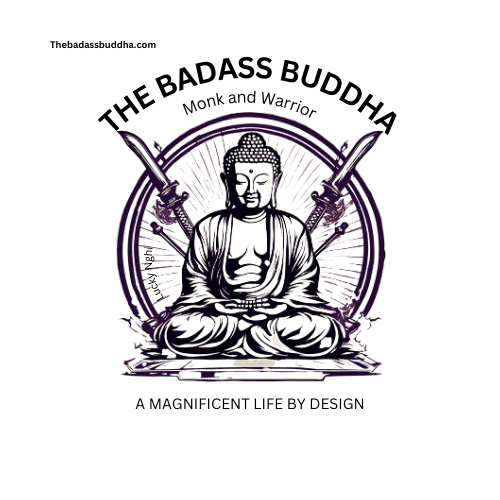
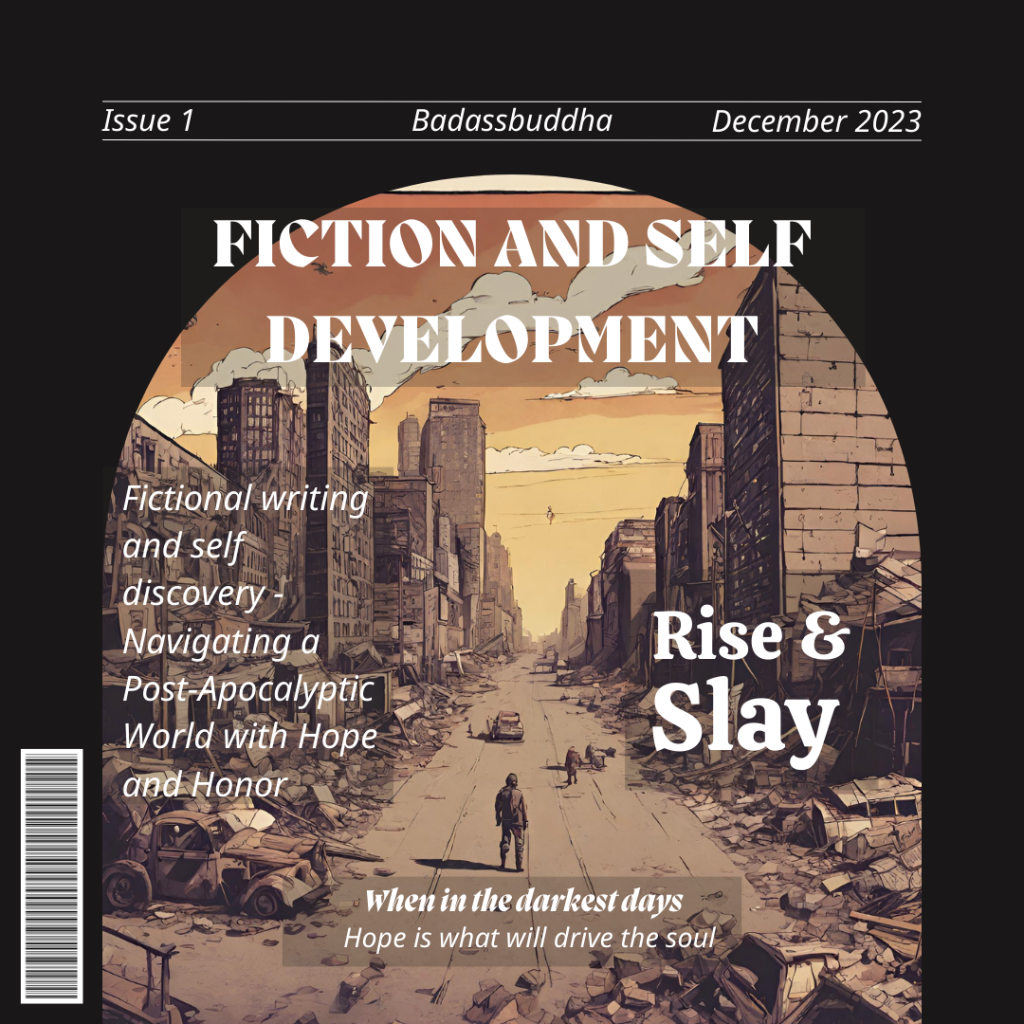
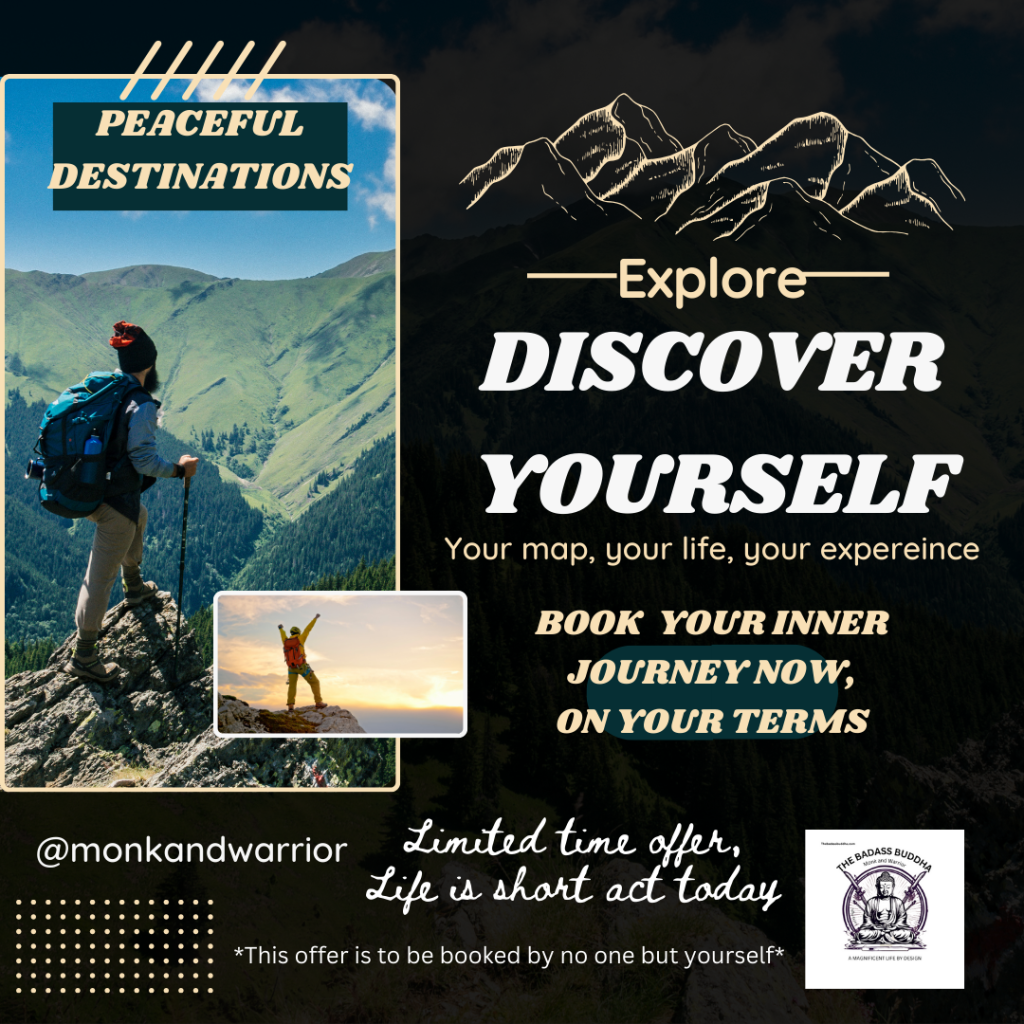
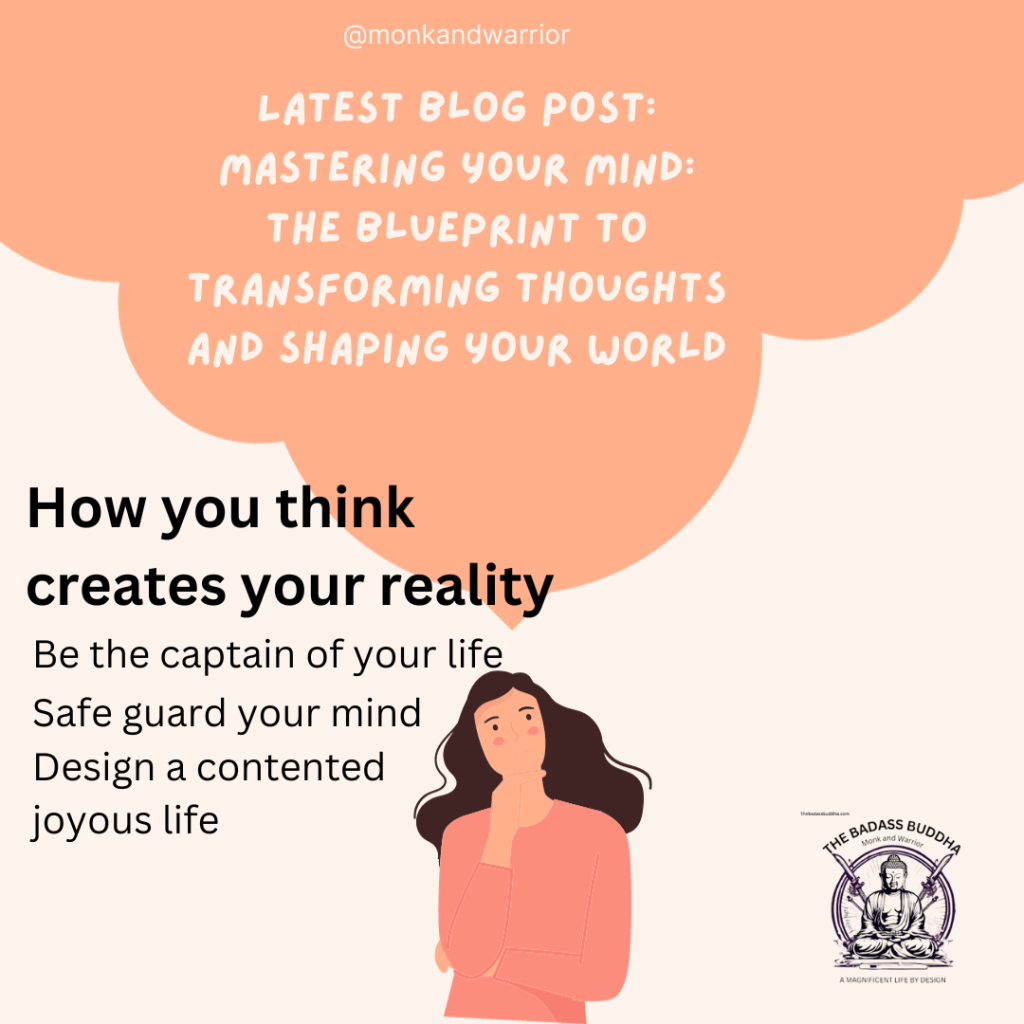
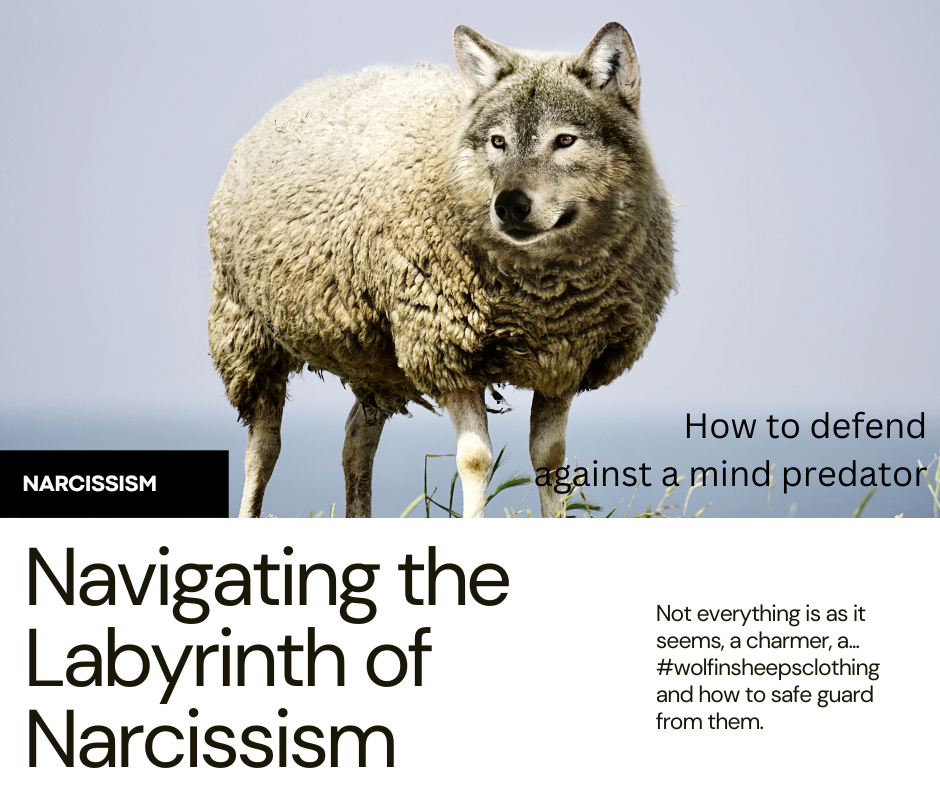
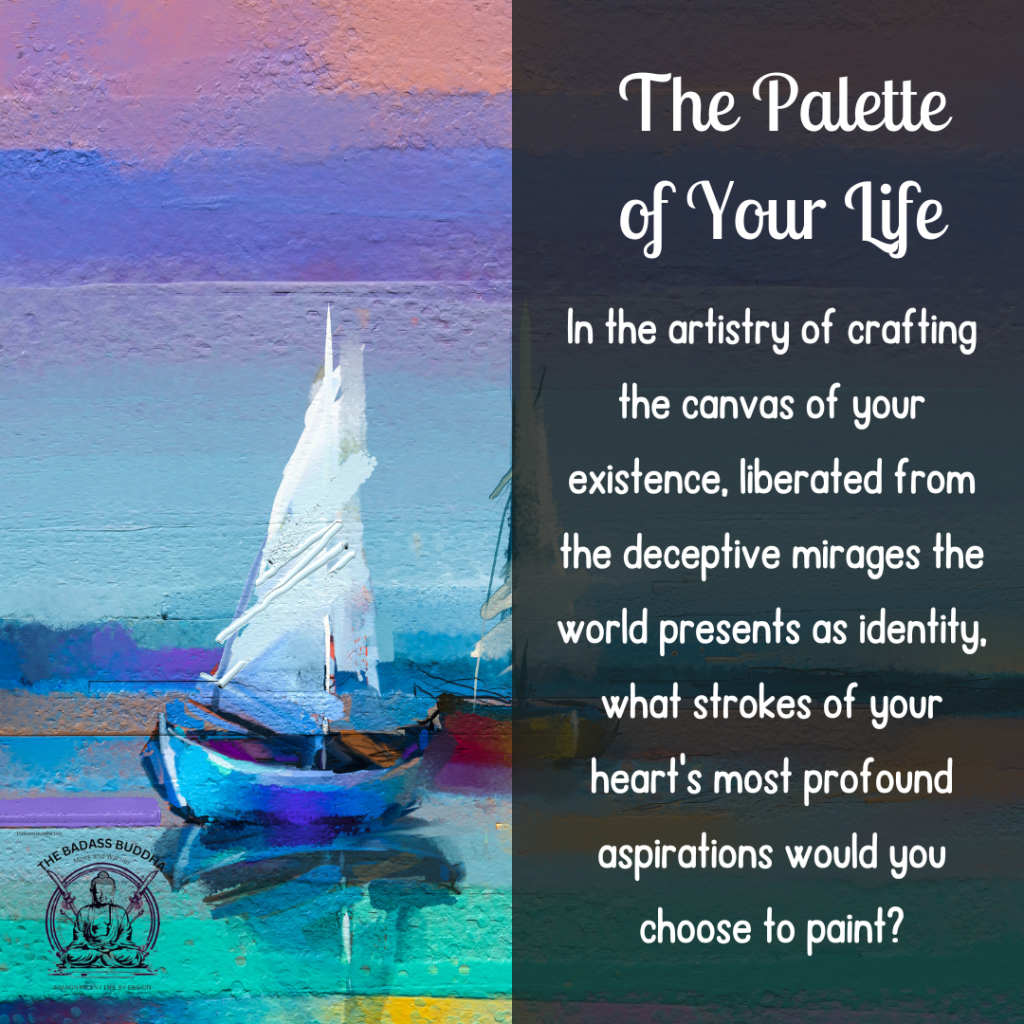
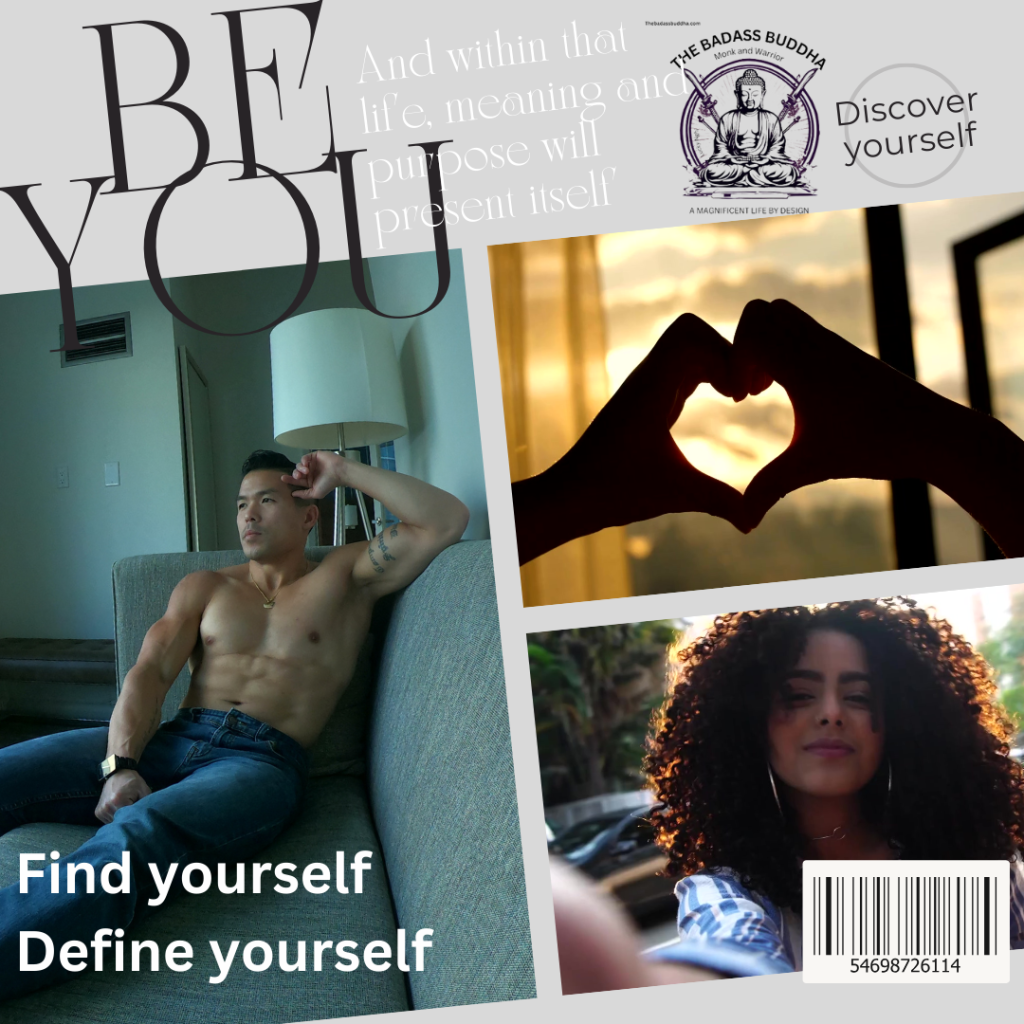
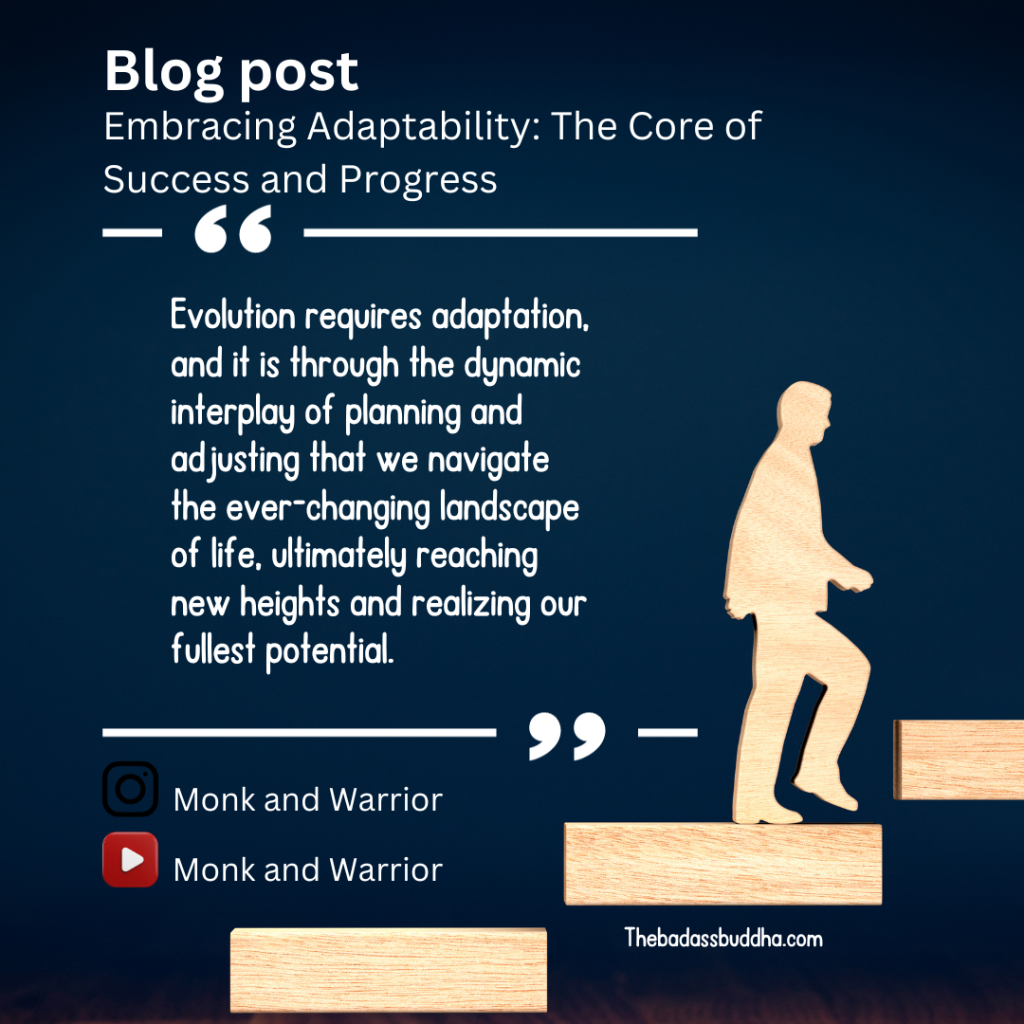
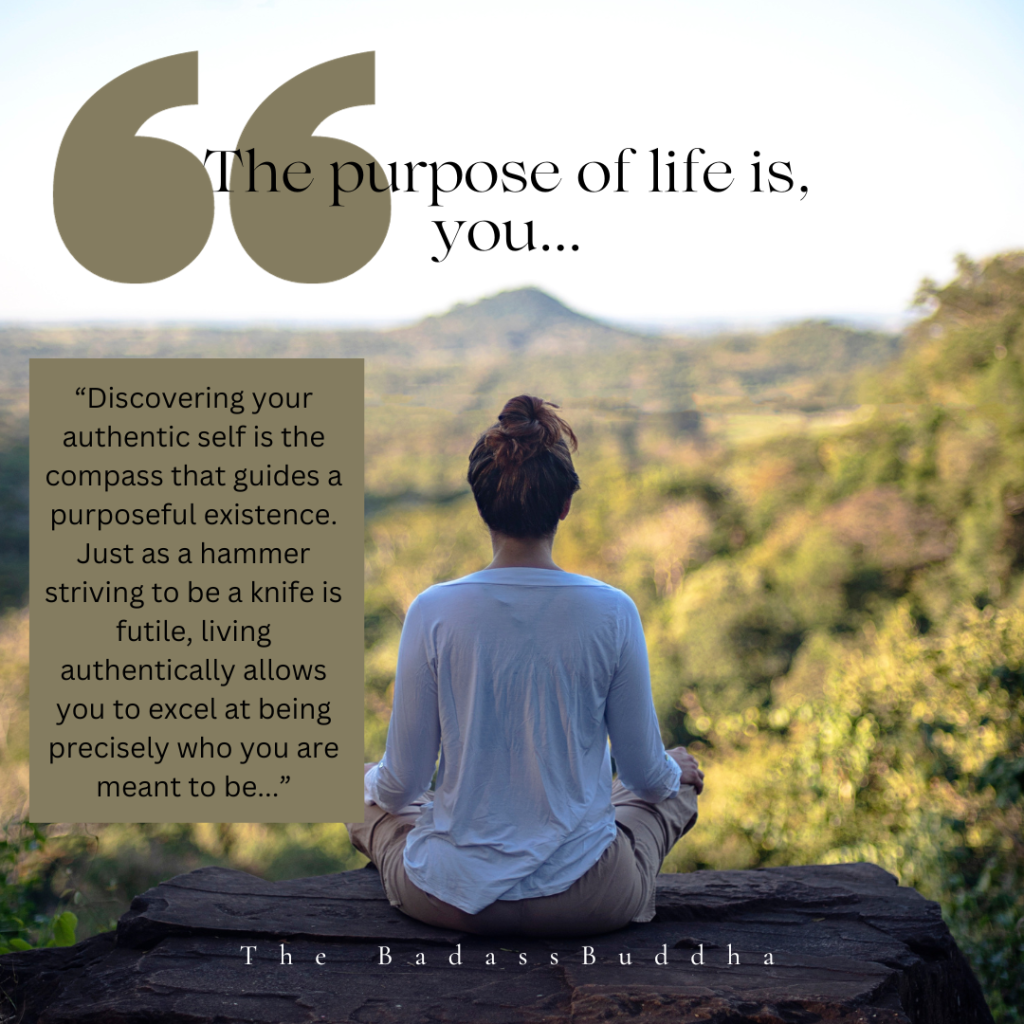
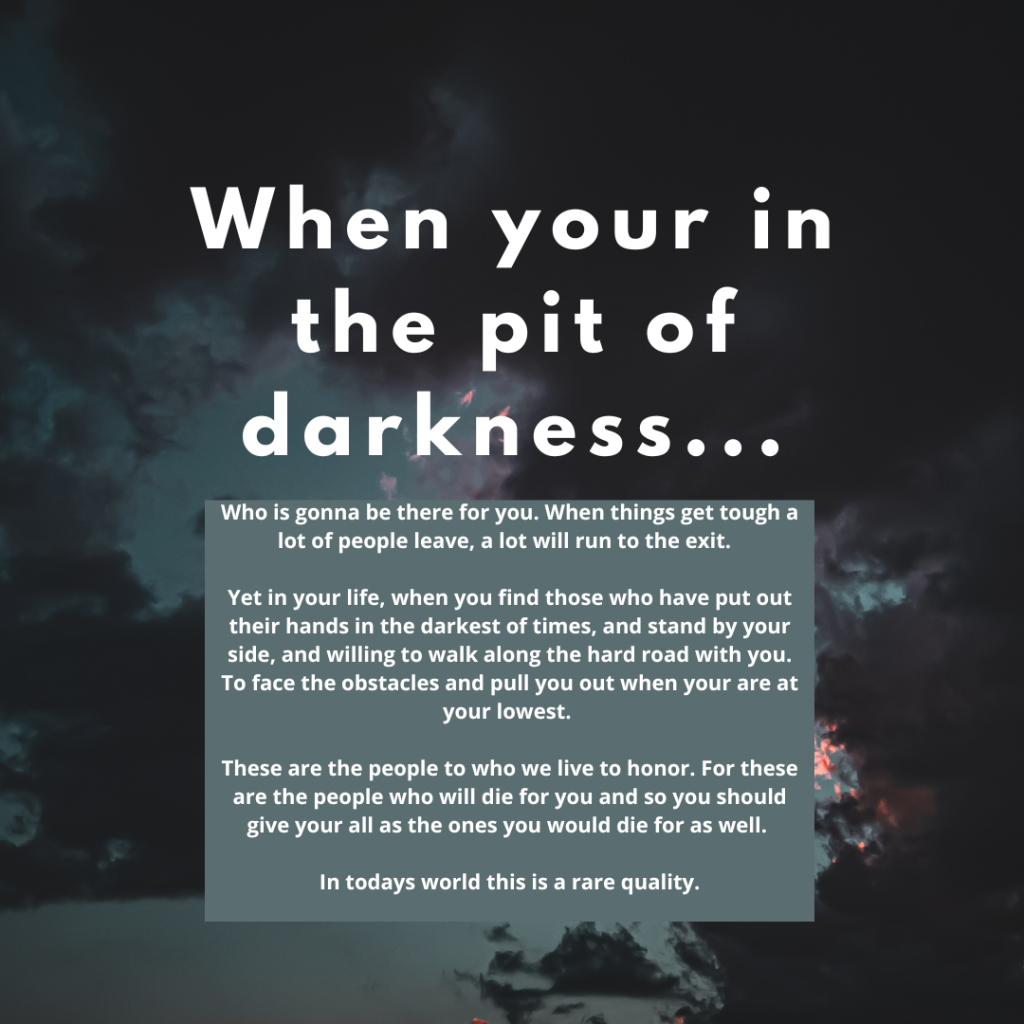

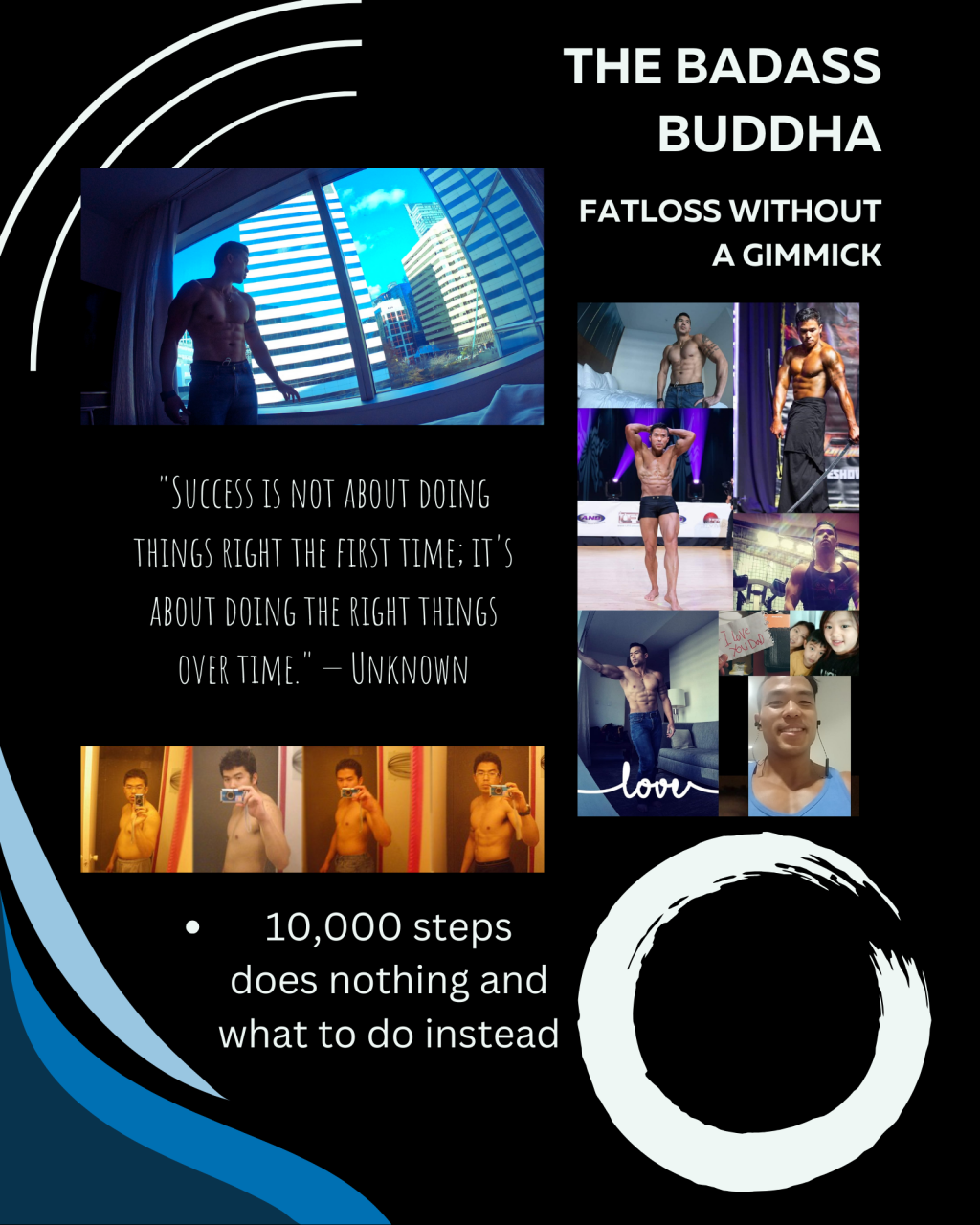
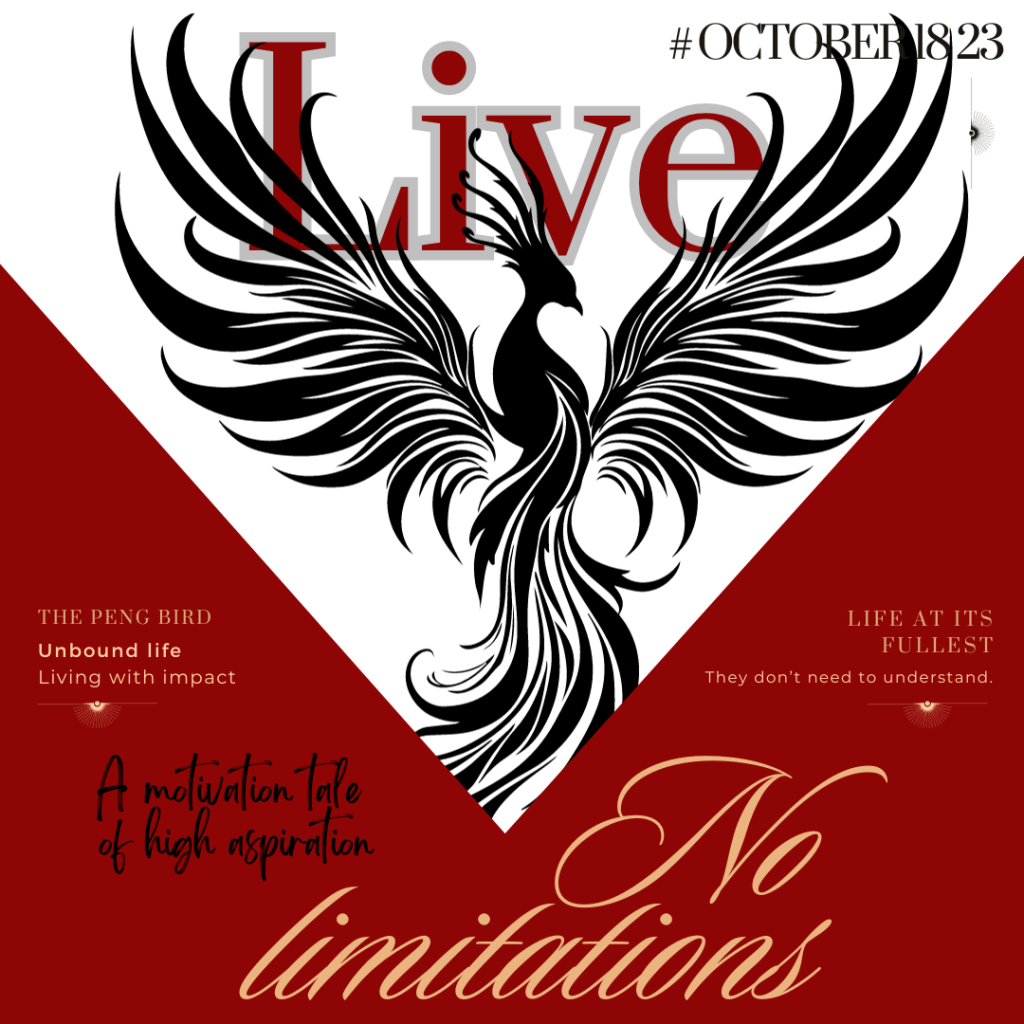
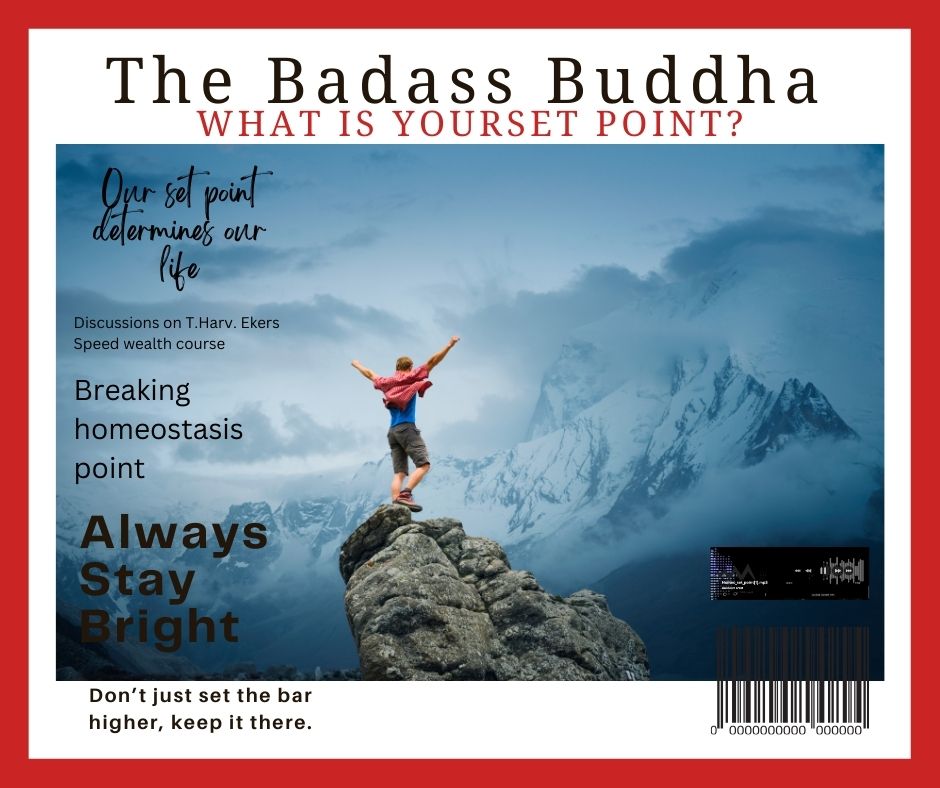
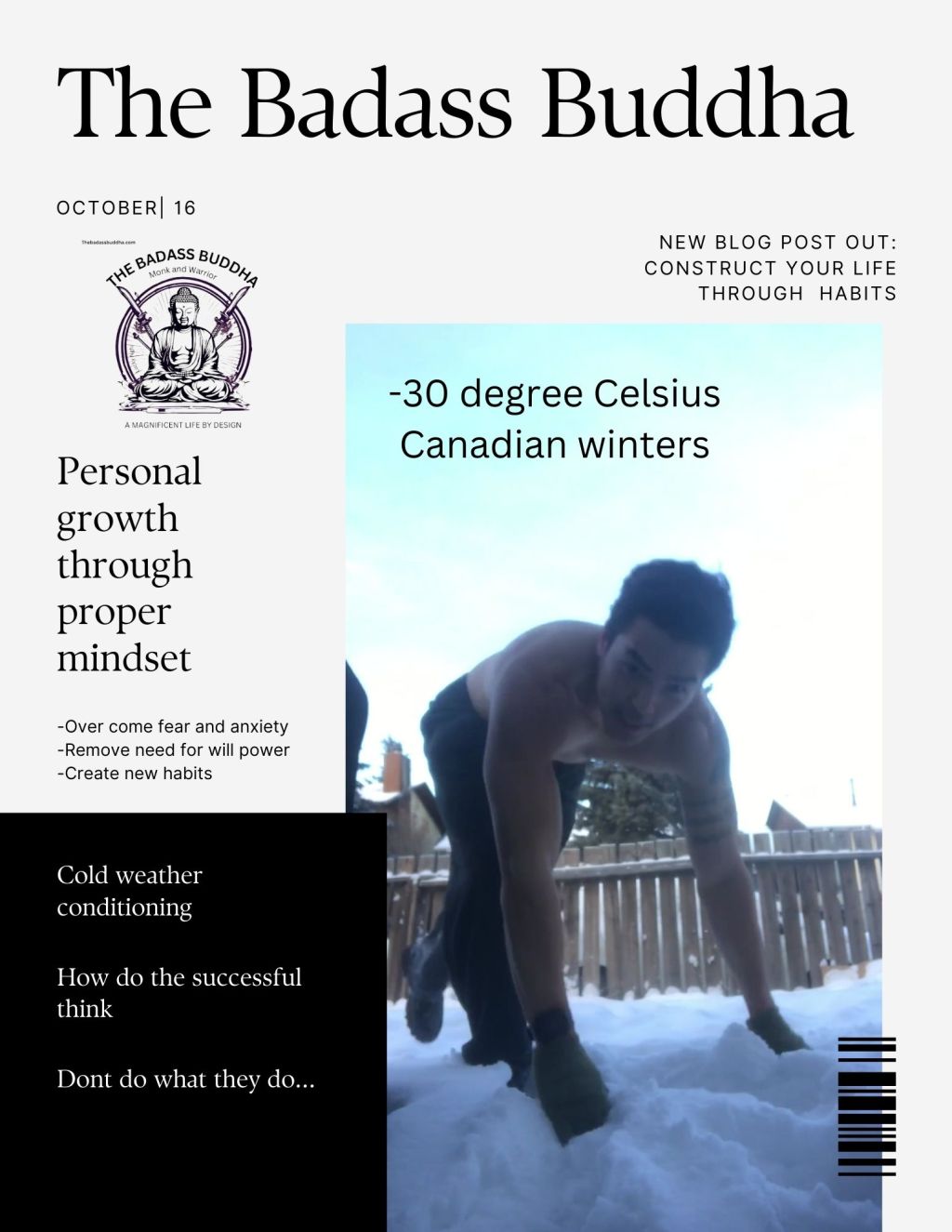
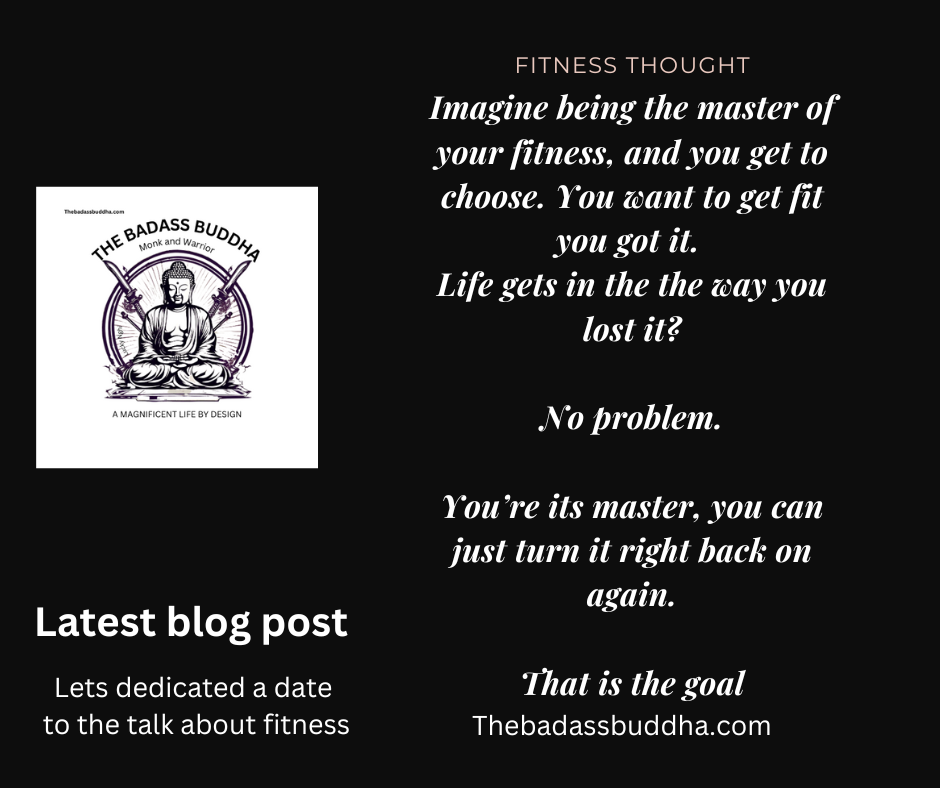
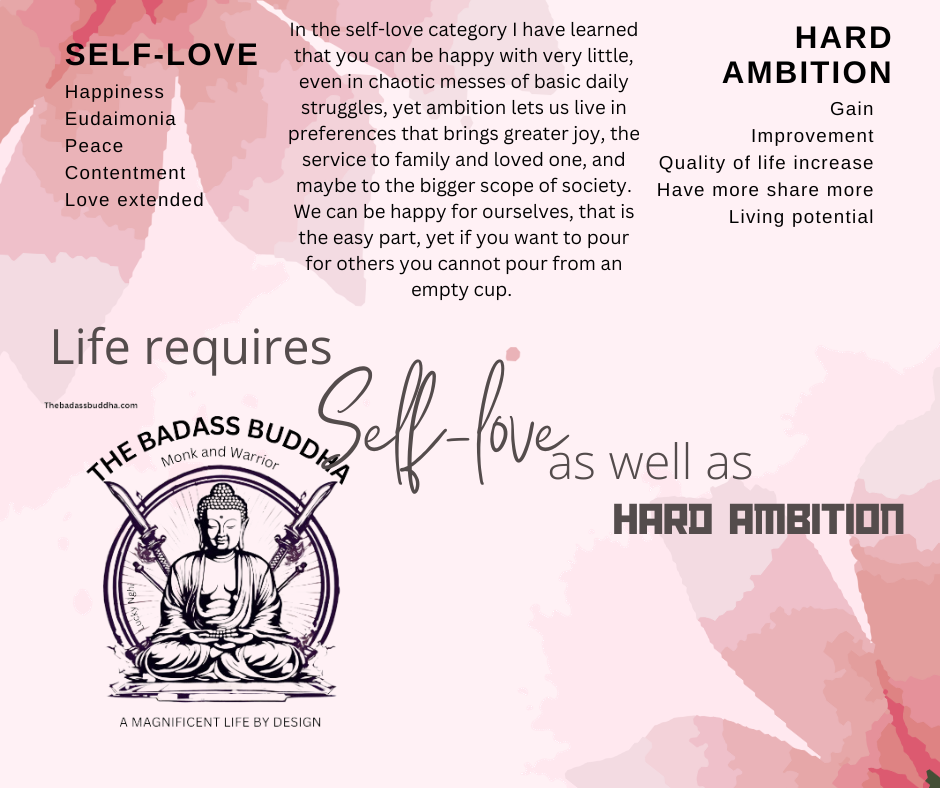
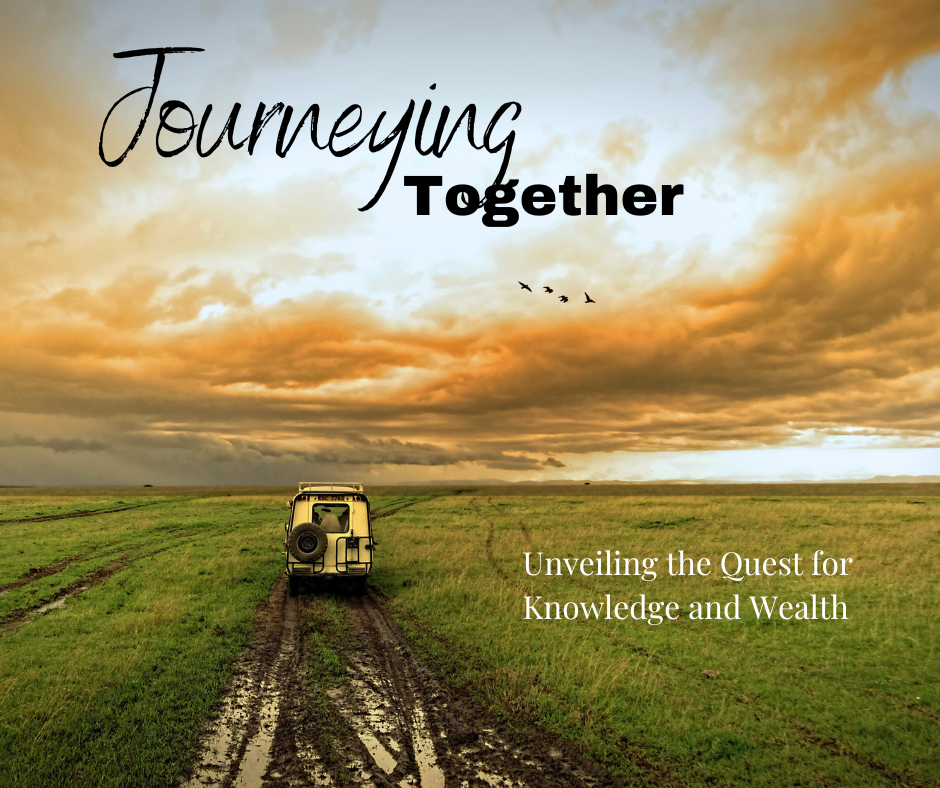
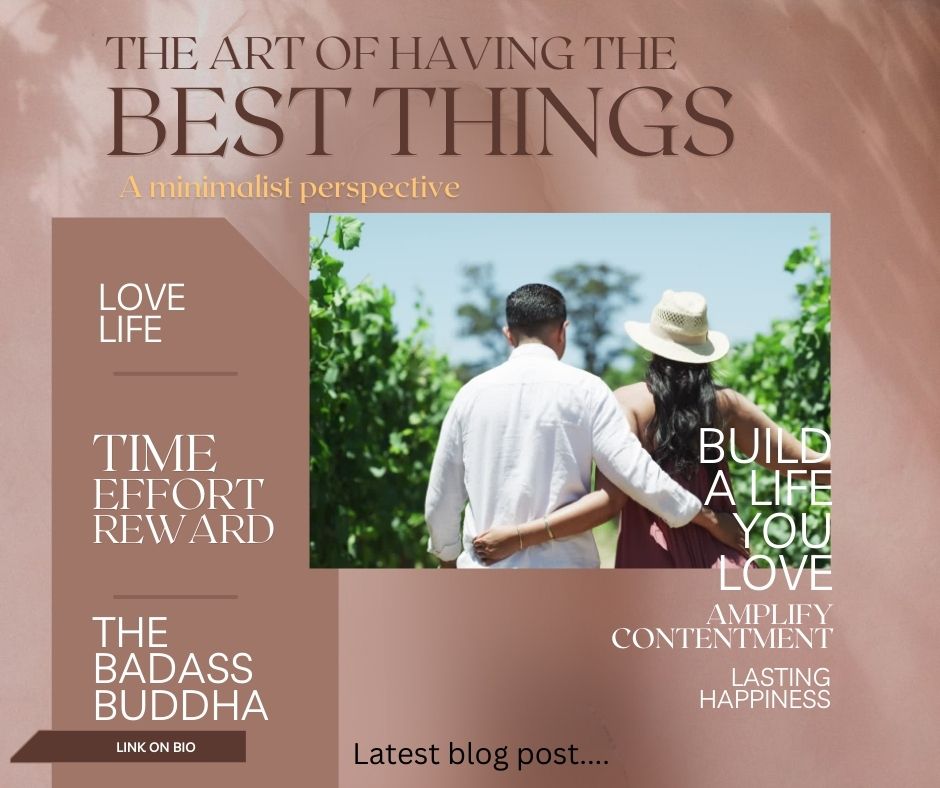
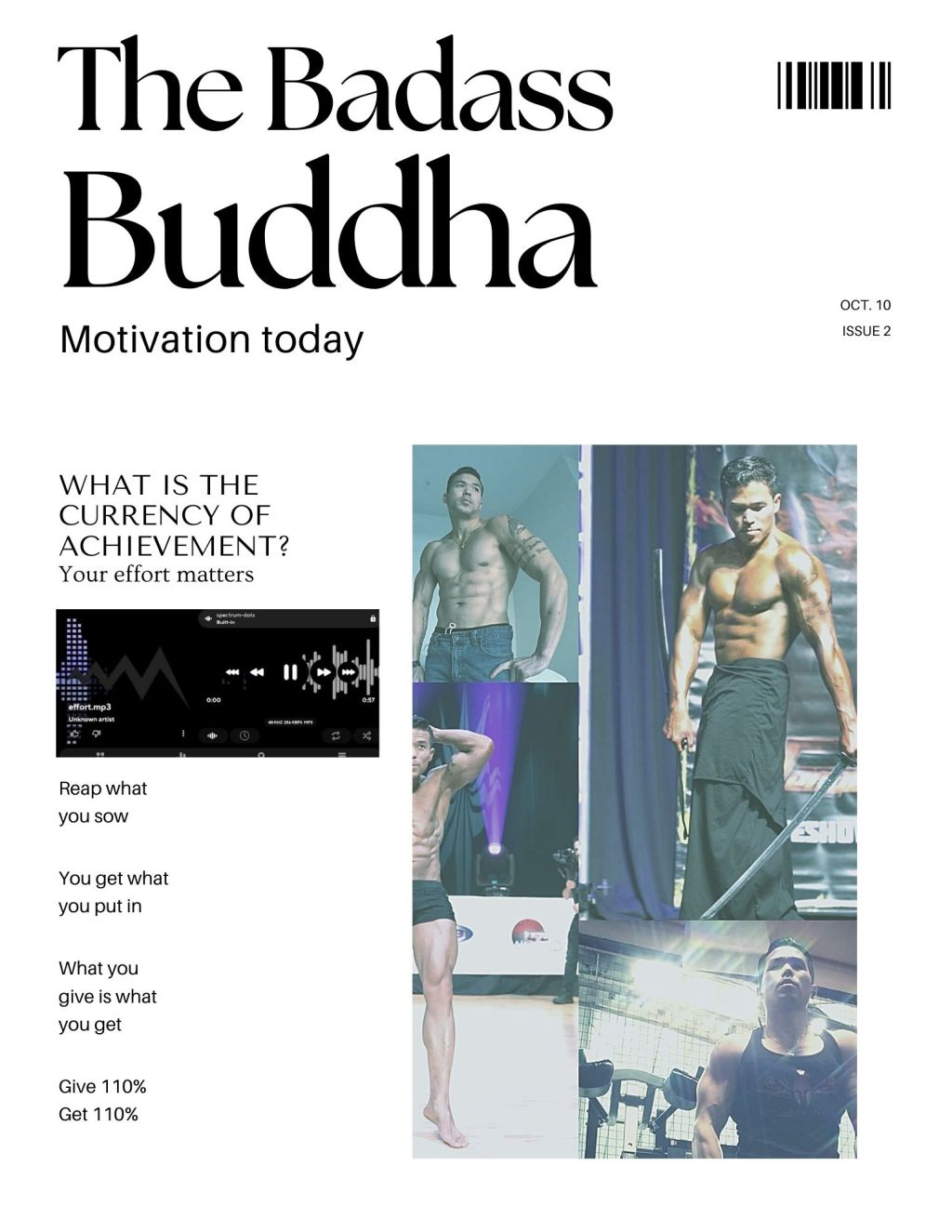
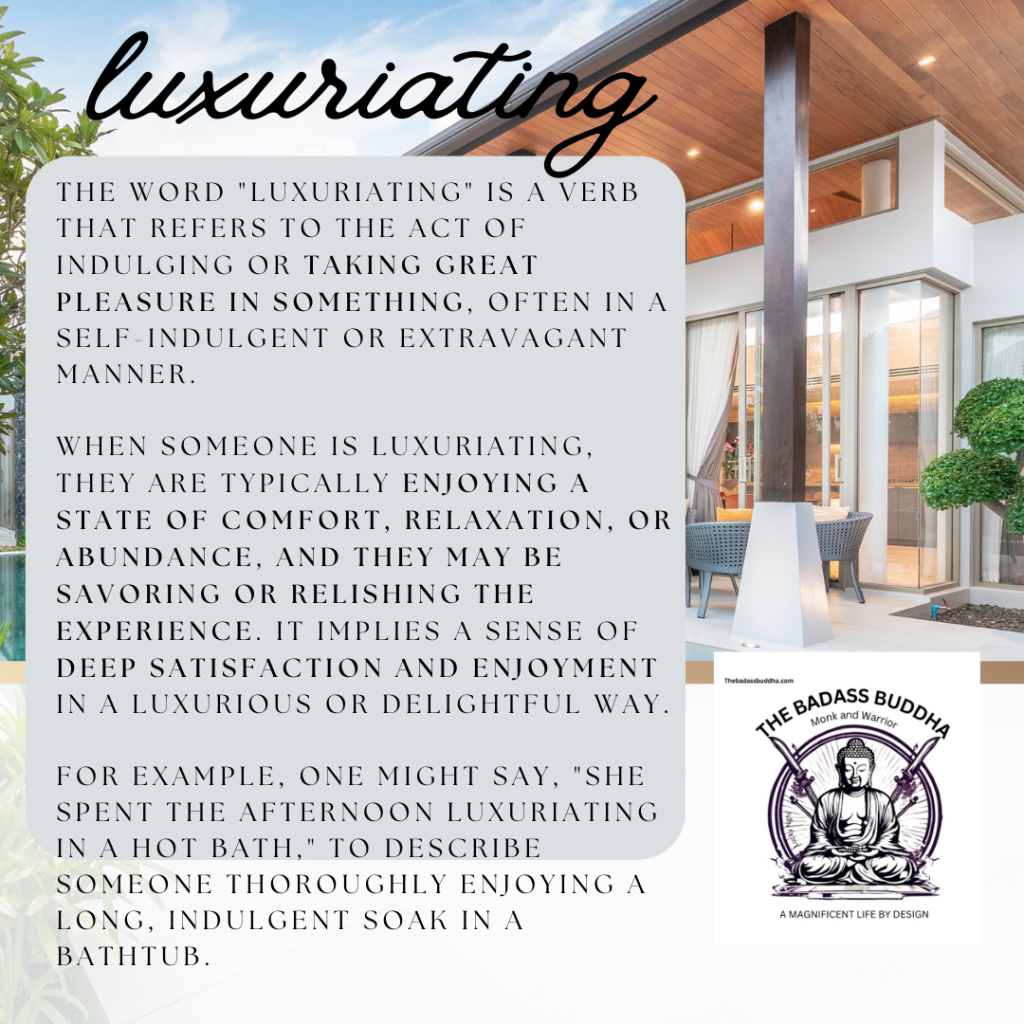
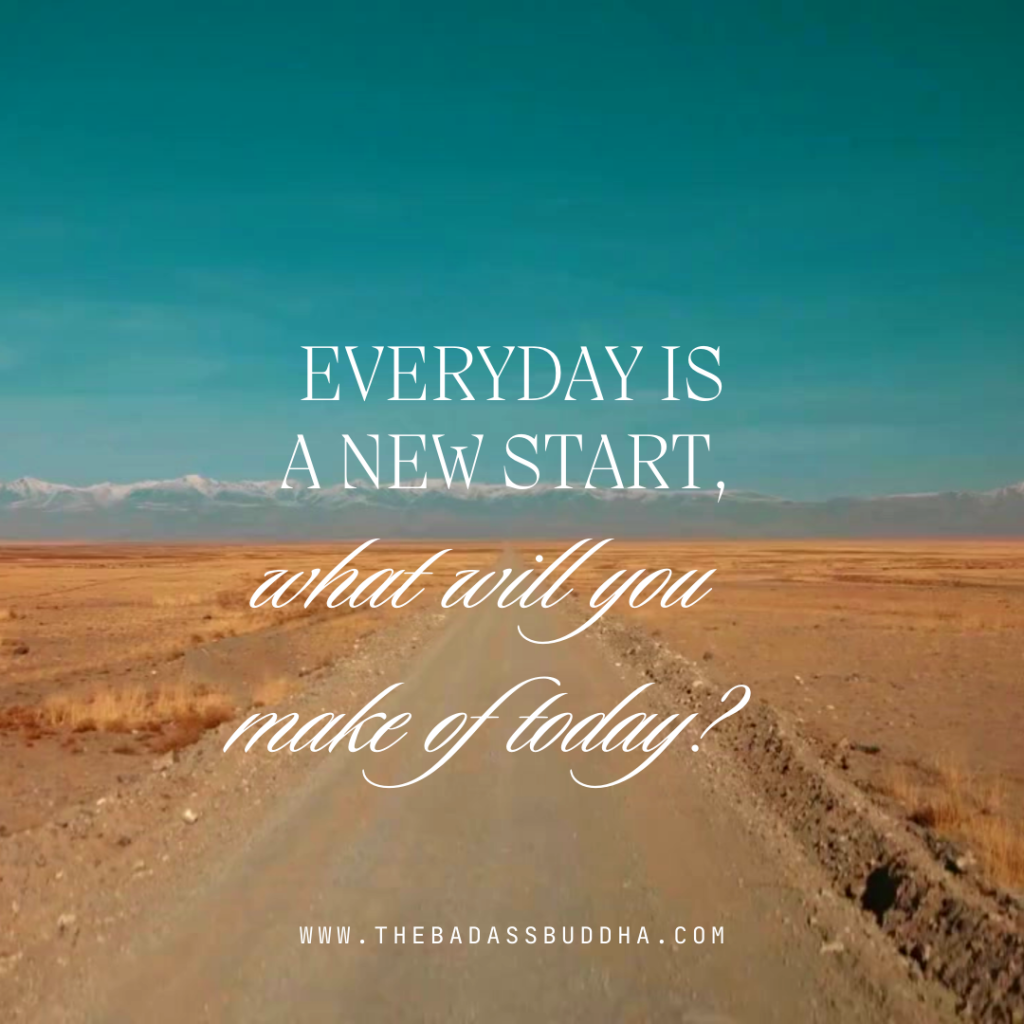
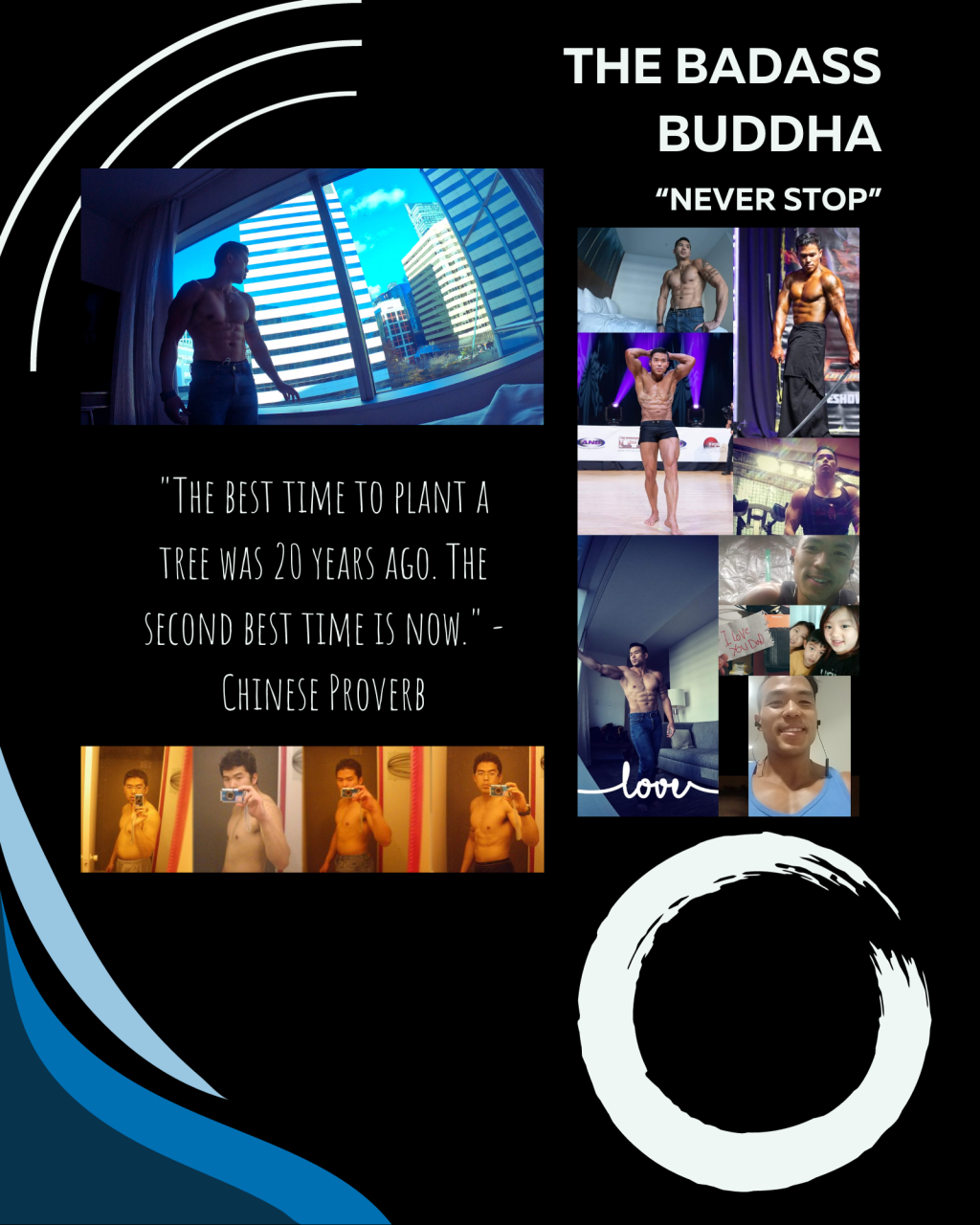
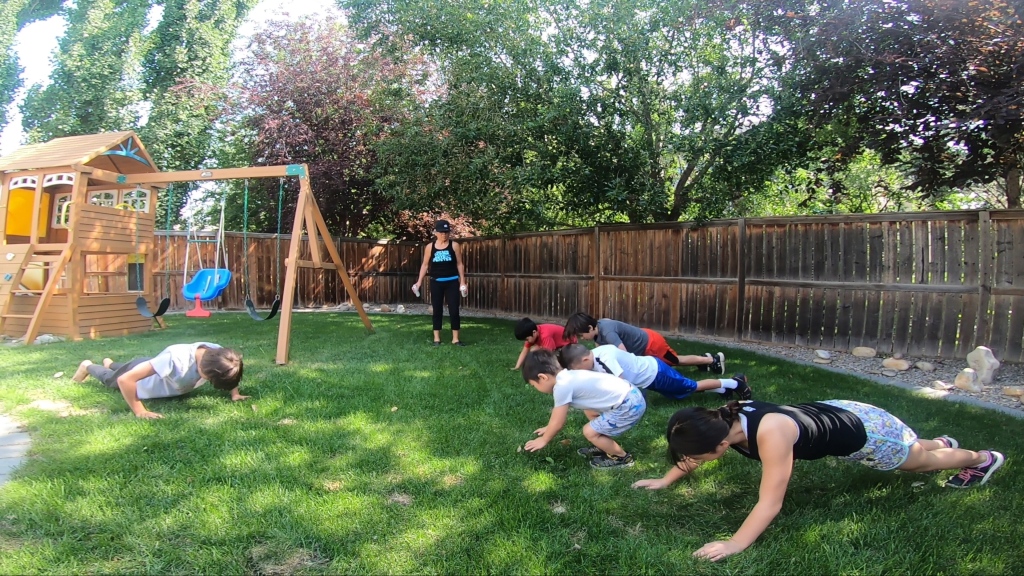
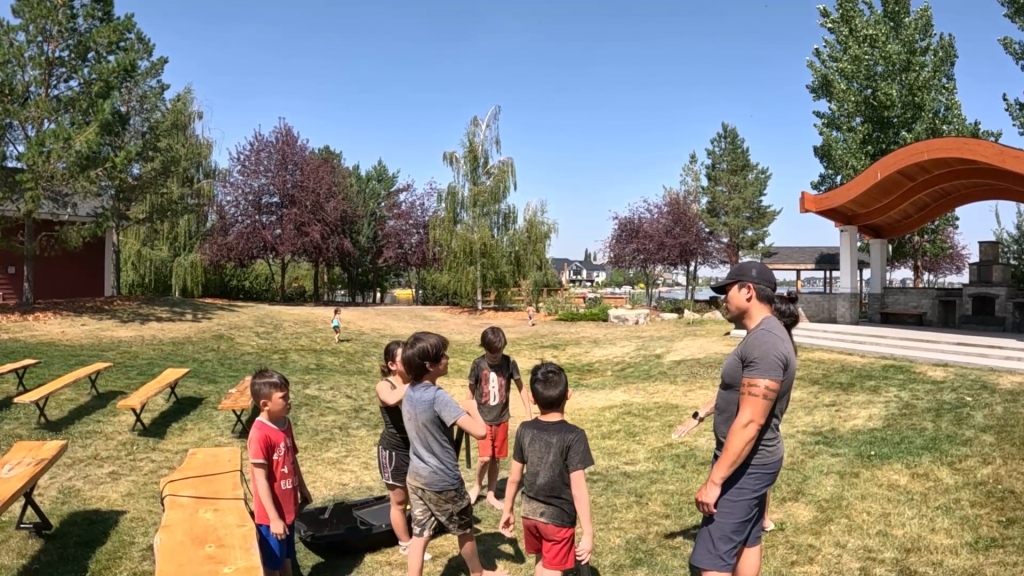



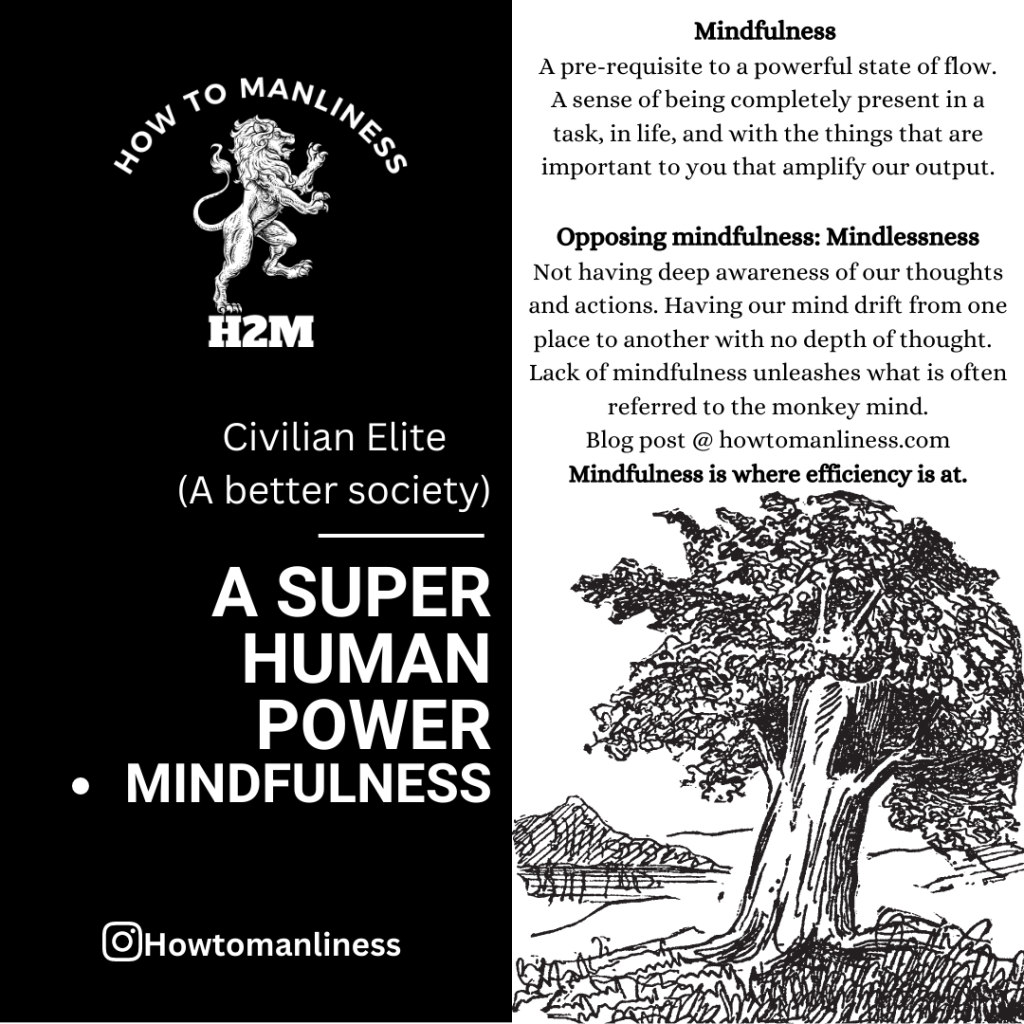

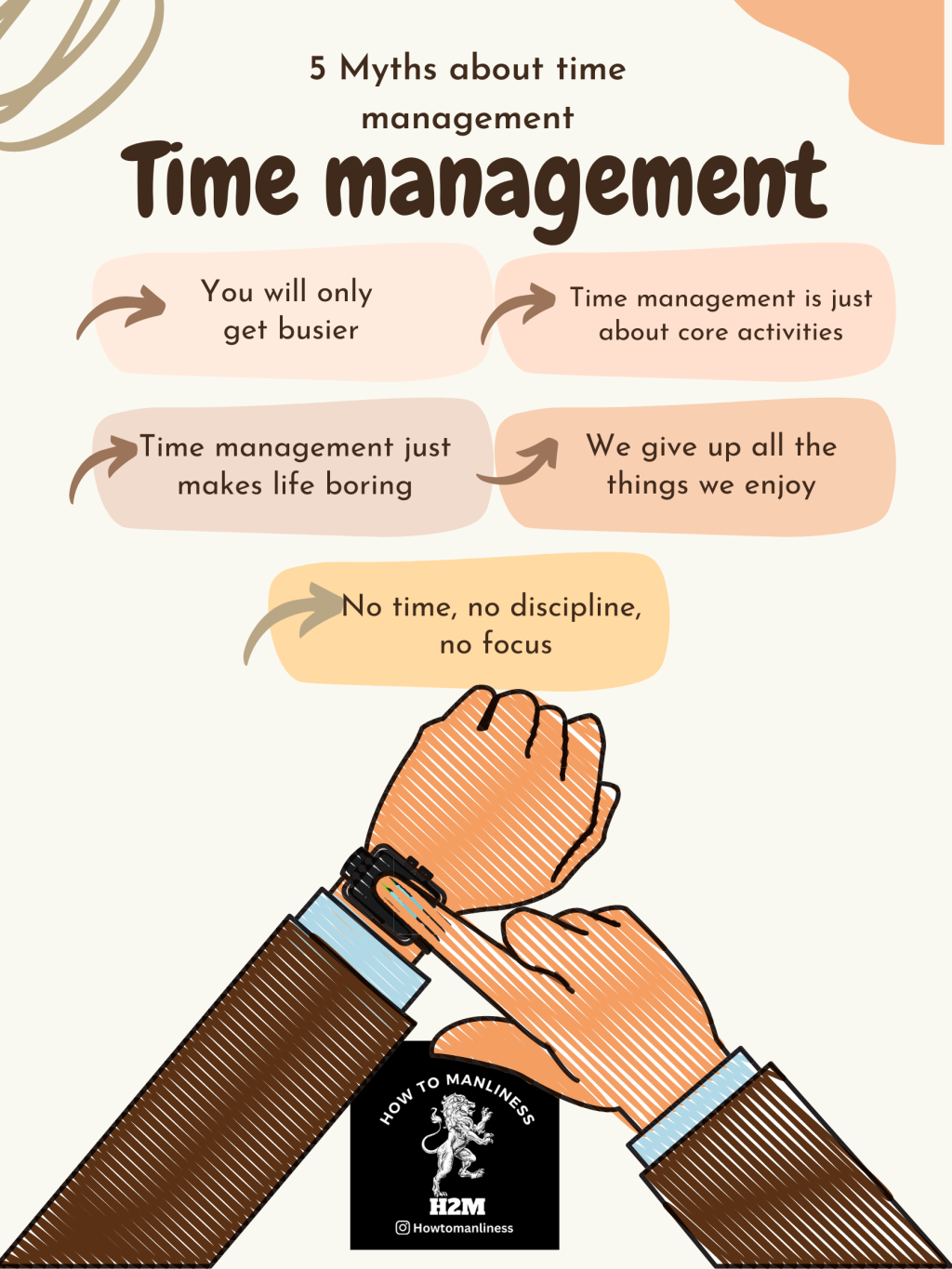
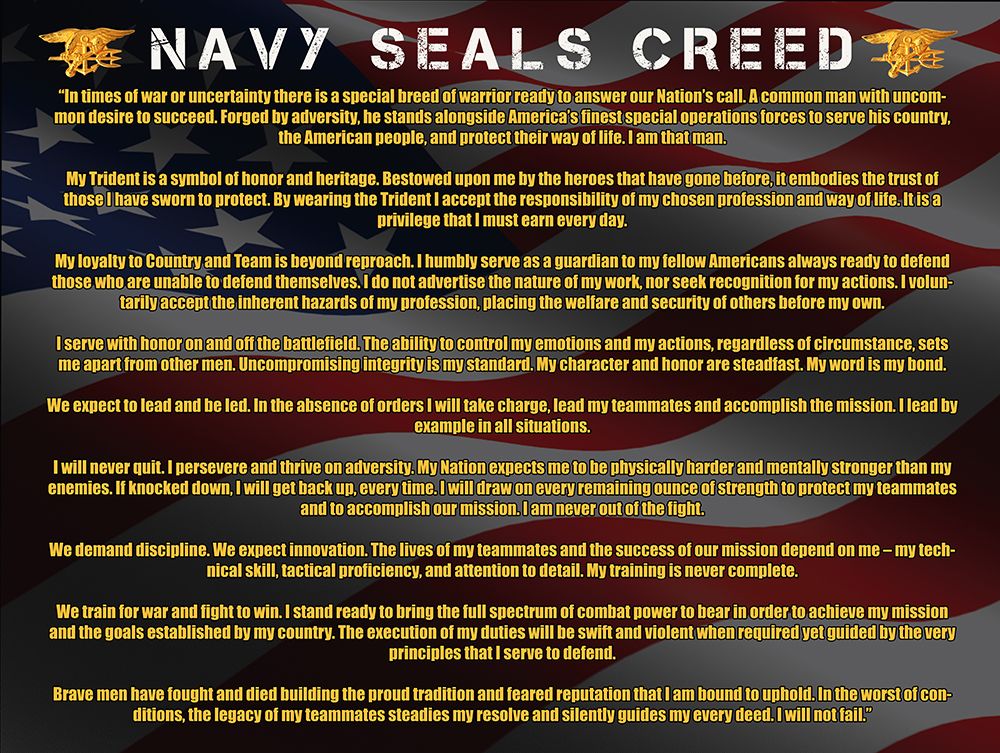

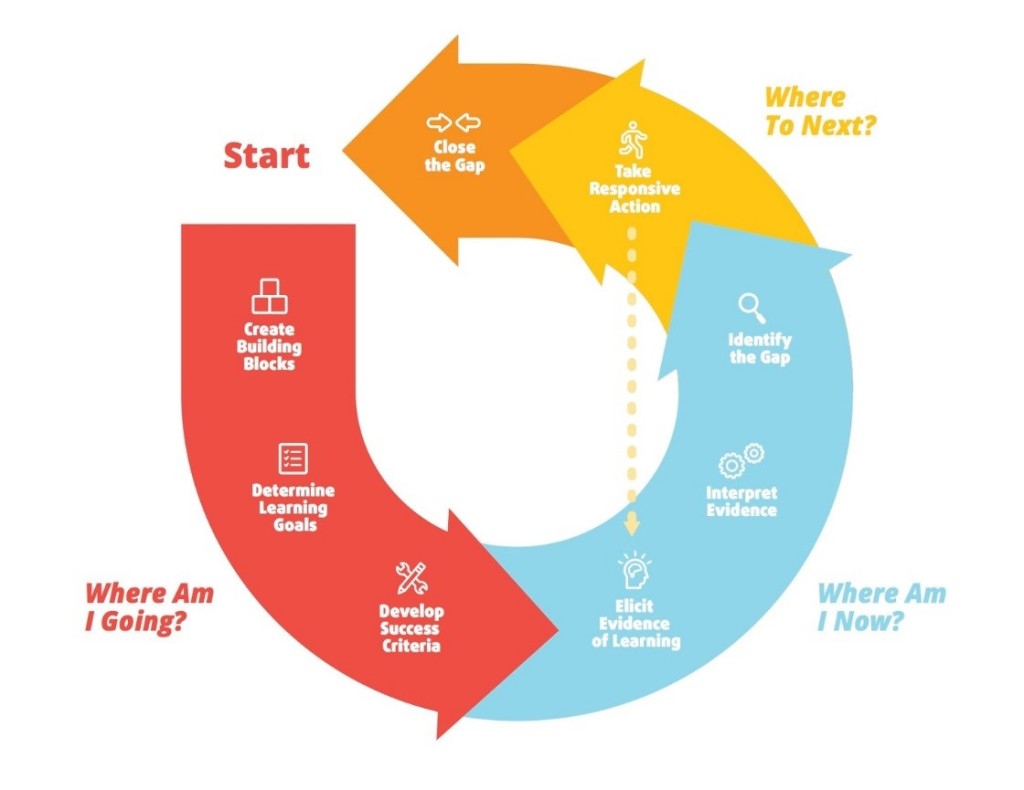

Leave a comment